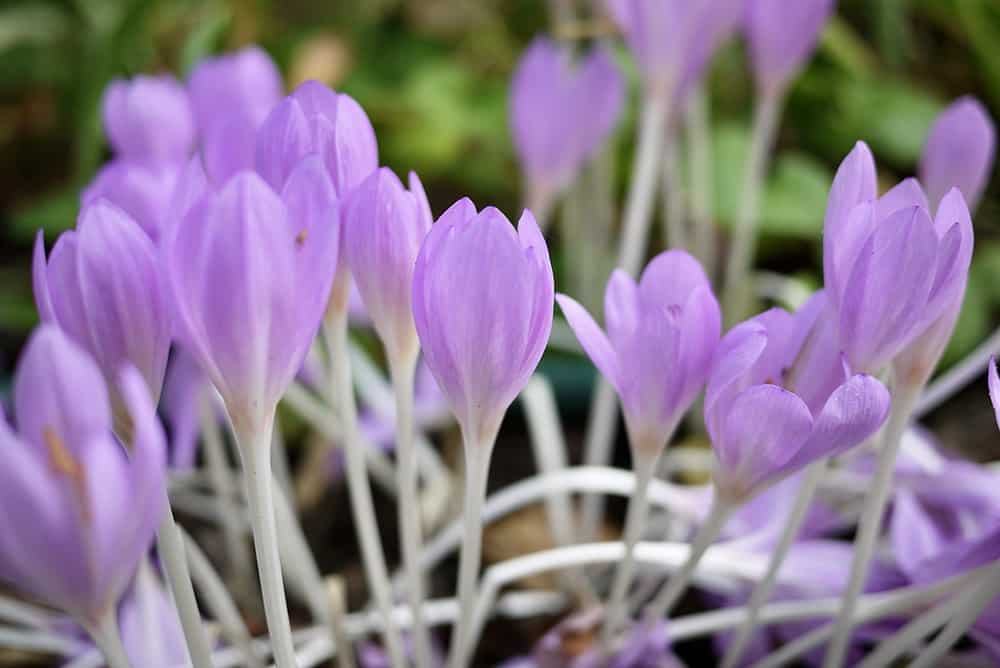Verse 10-2: Counteracting the defilements
Part of a series of talks on the 41 Prayers to Cultivate Bodhicitta from the Avatamsaka Sutra (the Flower Ornament Sutra).
- Counteracting afflictions through separation
- Antidotes for specific afflictions
- Role of meditating on emptiness
41 Prayers to cultivate bodhicitta: Verse 10-2 (download)
Yesterday we were talking about Verse 10:
“May all beings exhaust the fuel of the passions.”
This is the prayer of the bodhisattva when lighting a fire.
I thought I’d talk a little bit more about what “exhaust the fuel of the passions” means. Yesterday I was saying I’m not sure which Sanskrit word they were using for “passions,” but it doesn’t really matter.
The idea is there are different ways of counteracting the defilements, and in particular the afflictions. One way is to avoid the object that stimulates them. So when our mind is really out of control, that’s what we do. And that’s one of the reasons why we take monastic vows is it restricts our environment and our sensory input, and so that subdues the afflictions. However, that’s clearly not sufficient because as soon as you’re not in that environment and around the objects, there’s the possibility for things to come up again.
The second way of subduing the afflictions—and this is what we practice also when we’re not around them so that we make the antidote very strong in our mind—the second antidote is to have the particular antidote for each affliction. In terms of attachment then you meditate on the ugly aspect of the object. Or you meditate on impermanence, you see how it’s transient and it won’t last long, so that subdues the attachment. If you are subject to anger or resentment, frustration, then you meditate on patience and loving-kindness. If jealousy is rampant in your mind then you meditate on rejoicing at others’ good qualities and their virtue and their happiness. If you have pride that’s taken over the mind then you meditate on the kindness of others and see that everything you know or have comes due to the kindness of others, and you also meditate on the five aggregates, 12 sources, and 18 constituents, because those are very difficult topics to understand, so that naturally brings the pride down. If you suffer from doubt then you do the breathing meditation to calm the mind. If it’s this kind of skeptical doubt that doesn’t really want an answer then you just meditate on breathing to calm the mind and dispel those conceptions. If it’s the kind of doubt that really wants an answer and is curious and wants to understand then you remedy that by studying and asking questions and discussing and thinking about things. That’s the second level of counteracting the afflictions.
The third level—and this is the level that is really being referred to here in the verse—is the meditation on emptiness.
I think what I’ll do is talk about the meditation on emptiness and then how that grows throughout the path to enlightenment. I’ll talk about that tomorrow. You can contemplate these first two ways of subduing the attachments today. And not just contemplate the methods, but apply them.
Venerable Thubten Chodron
Venerable Chodron emphasizes the practical application of Buddha’s teachings in our daily lives and is especially skilled at explaining them in ways easily understood and practiced by Westerners. She is well known for her warm, humorous, and lucid teachings. She was ordained as a Buddhist nun in 1977 by Kyabje Ling Rinpoche in Dharamsala, India, and in 1986 she received bhikshuni (full) ordination in Taiwan. Read her full bio.


